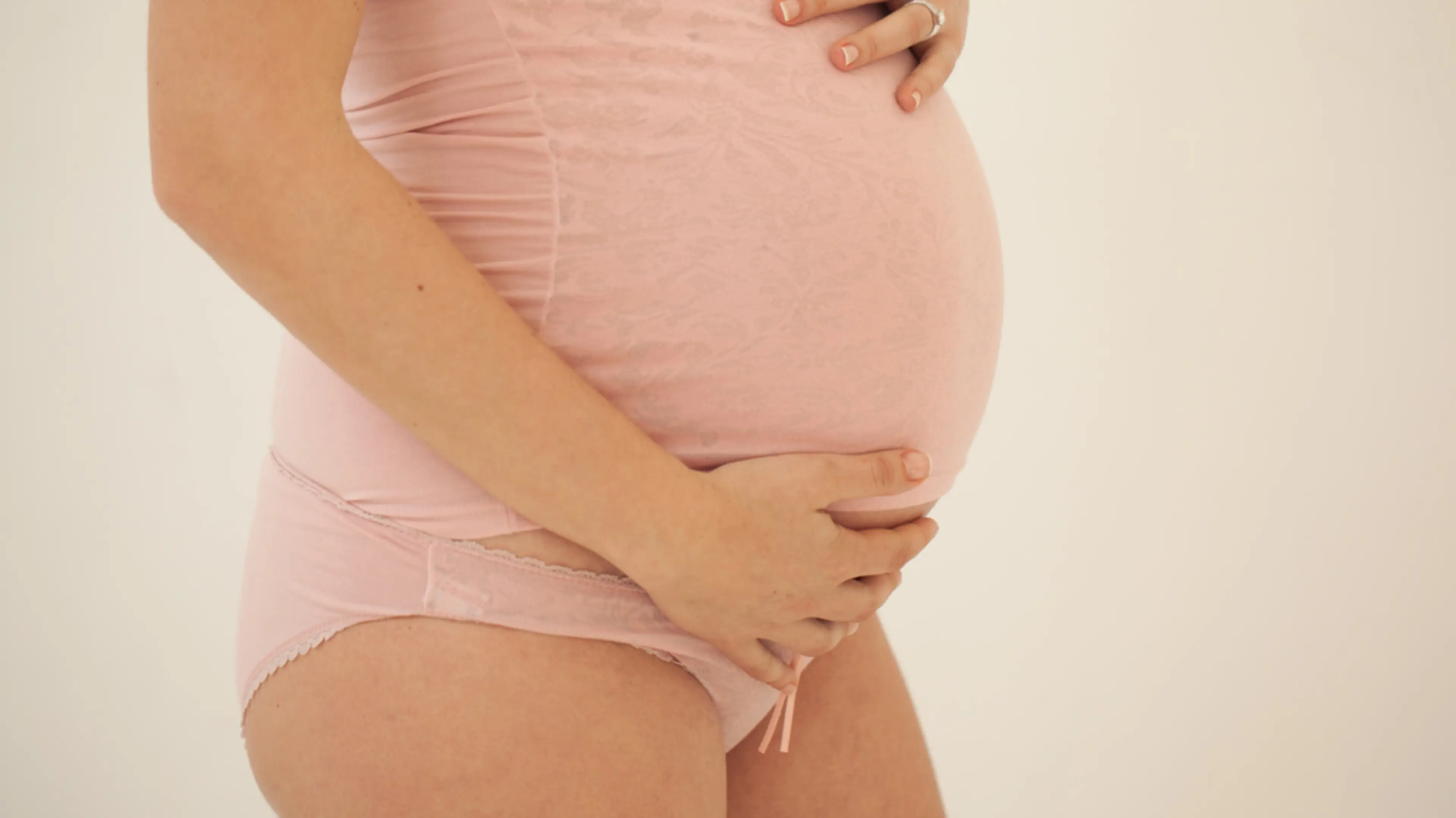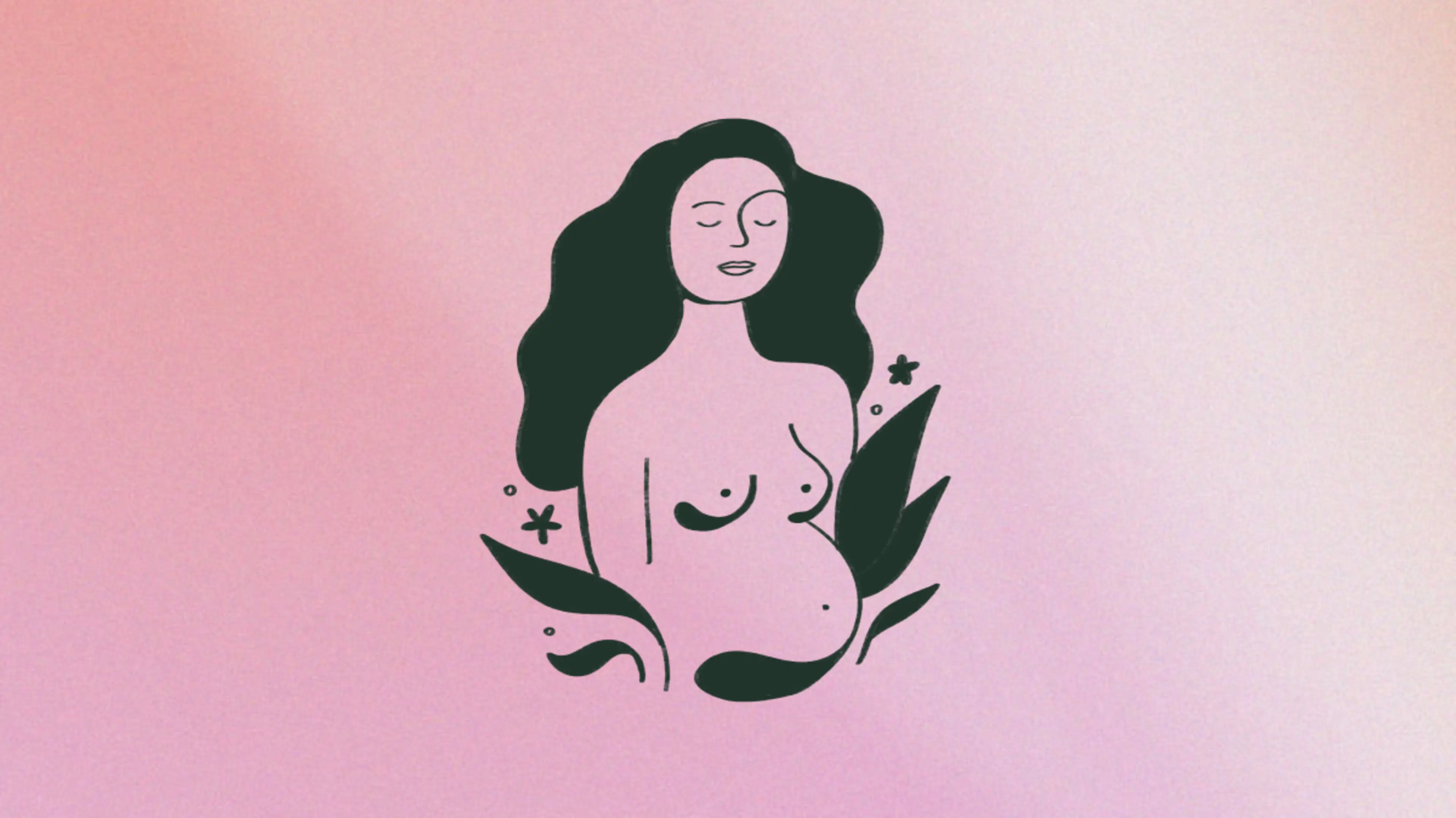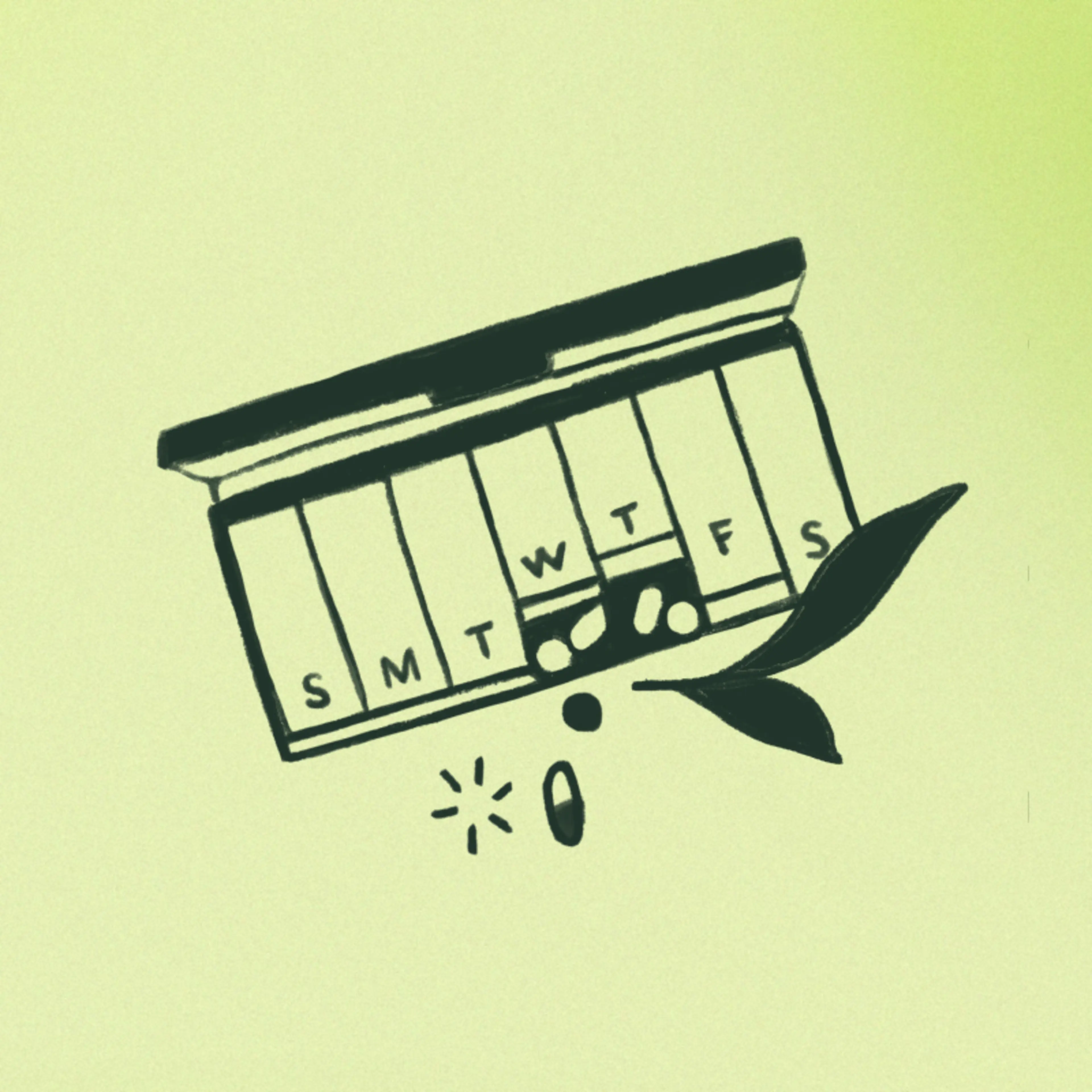If you’re one of the up to 8% of pregnant women1 who have been diagnosed with preeclampsia, or you worry might be at risk for developing it, you’re probably dealing with an extra layer of worry during your pregnancy.
Figuring out what exactly causes preeclampsia and what your specific risk factors are can be reassuring during what can otherwise be a pretty stressful time.
What is Preeclampsia?
According to the Cleveland Clinic2 , preeclampsia is a pregnancy and/or postpartum condition that is characterized by high blood pressure and signs that another organ system, most often the liver and the kidneys, may not be working normally.
Most commonly, preeclampsia is diagnosed after 20 weeks of pregnancy, but it can also develop post-delivery, a condition called postpartum preeclampsia, reports the Mayo Clinic9 . Preeclampsia can come on suddenly or develop slowly over time, and, although some women may experience clear signs or symptoms of preeclampsia, many often do not.
Preeclampsia can be pretty serious if left unaddressed—but there are also lots of treatment options available, so do your best not to stress. (Easier said than done, we know!) Delivery is the most effective treatment for preeclampsia, but if baby isn’t yet far enough along, blood pressure management medications3 and various ways of monitoring both you and your baby can be used to keep everyone safe.
What Causes Preeclampsia?
Although the jury’s still out on the exact causes of preeclampsia, most experts believe the condition is related to a placenta that’s not functioning the way it should be.
Your placenta is the link between you and your baby. It’s filled with blood vessels that develop early in your pregnancy and continue to grow as the placenta works to nourish your developing baby. According to experts4 , in women with preeclampsia, these blood vessels either don’t develop normally or do not function properly. They can be narrower than normal vessels, react differently to hormone signaling or support limited blood flow, which can lead to high blood pressure and often preeclampsia during pregnancy.
What Puts You at Risk for Preeclampsia?
While it’s never fun to think about what might put you at risk for a certain complication or medical condition during your pregnancy, a little knowledge can go a long way in helping you feel informed and empowered when it comes to trying to understand if you might be at risk for developing preeclampsia.
Since the precise cause of preeclampsia remains unknown, it can be tough to pinpoint the exact risk factors of the condition, however, here are some of the preeclampsia risk factors doctors believe could contribute to the condition
Preeclampsia risk factors include:
You’ve had preeclampsia before. Doctors believe you’re at the highest risk if you’ve had preeclampsia in a previous pregnancy (especially if you were diagnosed early).
Race: If you’re a Black woman, you have a higher risk of developing preeclampsia than women of other races. In fact, it’s 60% more common7 for Black women than white.
A pregnancy with multiples: You have a higher chance of developing preeclampsia if you’re carrying more than one baby.
Some preexisting conditions: High blood pressure, diabetes, kidney disease or an autoimmune disease like lupus can be contributing factors to preeclampsia.
Time between pregnancies: If it’s been more than 10 years since you were pregnant, your risk for preeclampsia goes up.
Gestational diabetes: This raises your risk of high blood pressure, which in turn can up your risk of developing preeclampsia.
Obesity: Doctors have noticed a correlation between preeclampsia and women with a body mass index (BMI) of 30 or higher. If you’re not sure what your BMI is, you can calculate it on the CDC’s website6 .
Family history: Genetics can be a powerful predictor of lots of health conditions, and the same holds true for preeclampsia. If someone in your family, like your mother or sister, had preeclampsia, this can be a possible preeclampsia cause and your odds for developing the condition go up.
Previous pregnancy complications: If you dealt with complications in your previous pregnancy, especially having a baby with low birth weight5 (less than 5 pounds, 8 ounces, per the March of Dimes), you may be at a greater risk for being diagnosed with preeclampsia in subsequent pregnancies.
Fertility treatment: Women who’ve undergone in vitro fertilization can have a higher risk of preeclampsia.
Age: Age may be just a number, but unfortunately when it comes to preeclampsia causes, being over 35 or under 20 gives you a greater chance of developing preeclampsia.
“[Try to] have any medical problems, like high blood pressure or diabetes, well controlled before conception” recommends Dr. Sara Twogood, a board-certified ob-gyn and co-founder of Female Health Education8 .
If any of these preeclampsia causes make you concerned, and you think you’re at risk for preeclampsia, be sure to talk through your worries with your doctor or midwife. You and your healthcare provider can be sure you’re properly tested and monitored for signs of preeclampsia. Raising your concerns about preeclampsia causes and risk factors will not only help to calm your fears, but will empower you to come up with healthy plans around managing stress, weight, sleep, exercise and other important parts of your self-care throughout your pregnancy and during your postpartum period.
“Starting a pregnancy at the healthiest version of yourself can help,” says Dr. Twogood.












